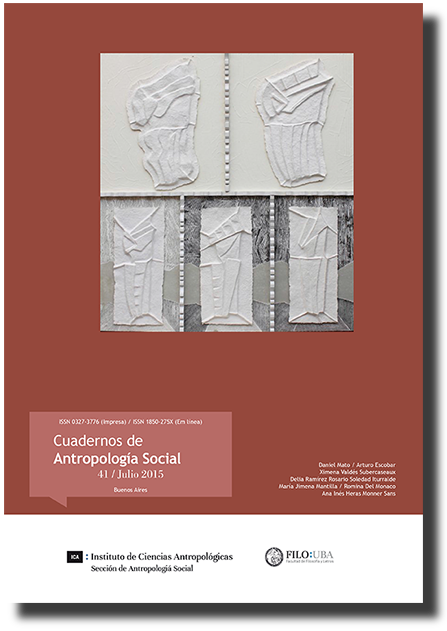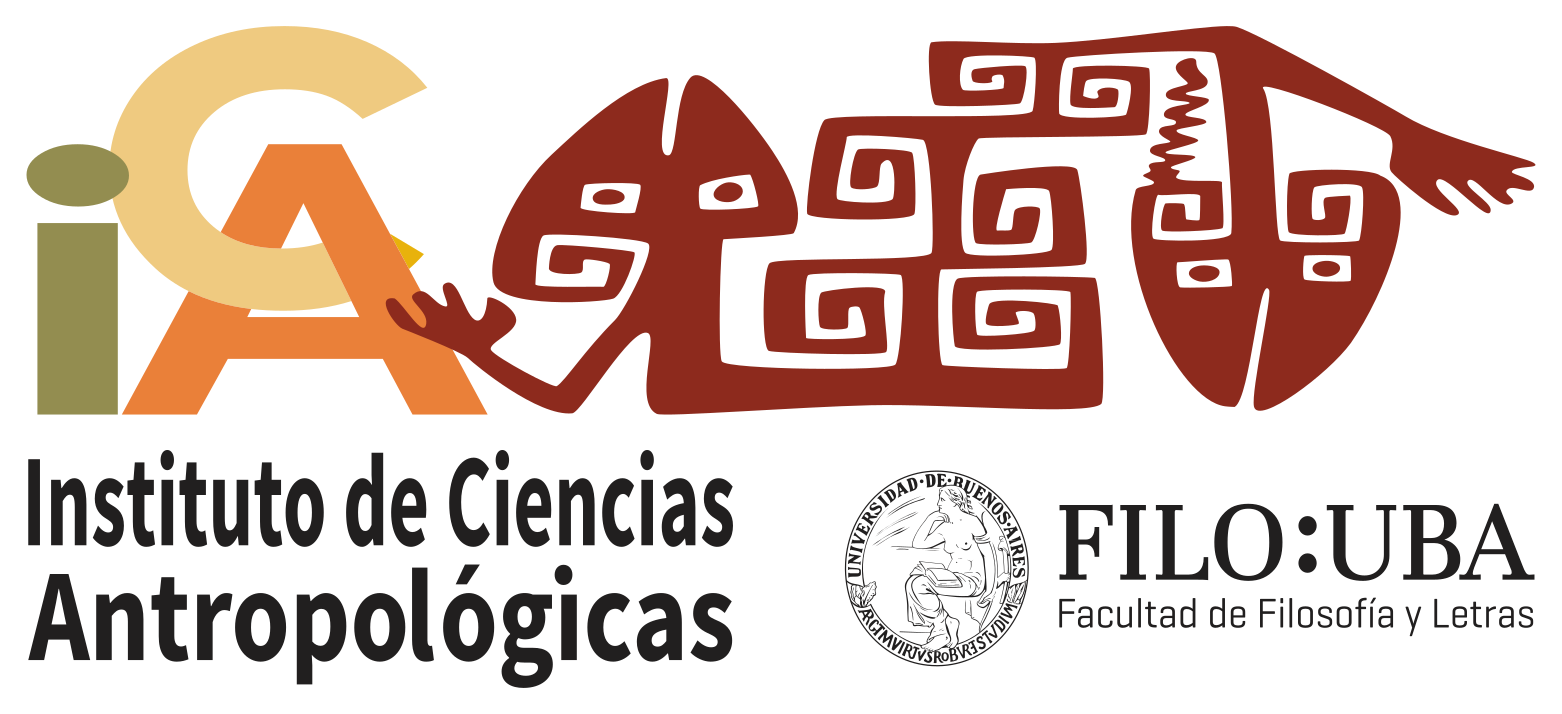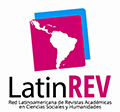Indigenous Peoples, States and Higher Education. Lessons from Latin American experiences and their potential for ongoing processes in Argentina
Abstract
Over the past three decades a significant number of indigenous and/or intercultural universities and other higher education institutions (HEIs) have been created in several Latin American countries. Additionally, “conventional” universities and other HEIs have established degrees, diplomas, and various types of special programs aimed at the inclusion of indigenous people. Some of these educational modalities have been created by indigenous peoples’ organizations and /or leaders, others by universities and other “conventional” HEIs, sometimes through partnerships between these types of institutions and indigenous organizations, while other initiatives have been driven by States. In Argentina these processes are comparatively newer than in several other countries in the region. This article presents an overview of the types of experiences being developed in several Latin American countries, highlights their main achievements and challenges, and suggests some potentially useful lessons for ongoing processes in Argentina.Downloads

Esta obra está bajo una Licencia Creative Commons Atribución 4.0 Internacional
Cuadernos de Antropología Social sostiene su compromiso con las políticas de Acceso Abierto a la información científica, al considerar que tanto las publicaciones científicas como las investigaciones financiadas con fondos públicos deben circular en Internet en forma libre, gratuita y sin restricciones.
Los contenidos y opiniones expresadas en los artículos publicados son de entera responsabilidad de sus autores.
Los autores/as que publiquen en esta revista aceptan las siguientes condiciones:
- Los autores/as conservan los derechos de autor y ceden a la revista el derecho de la primera publicación, bajo la licencia de atribución de Creative Commons, que permite a terceros utilizar lo publicado siempre que mencionen la autoría del trabajo y a la primera publicación en esta revista.
- Los autores/as pueden realizar otros acuerdos contractuales independientes y adicionales para la distribución no exclusiva de la versión del artículo publicado en esta revista (p. ej., incluirlo en un repositorio institucional o publicarlo en un libro) siempre que indiquen claramente que el trabajo se publicó por primera vez en esta revista.















